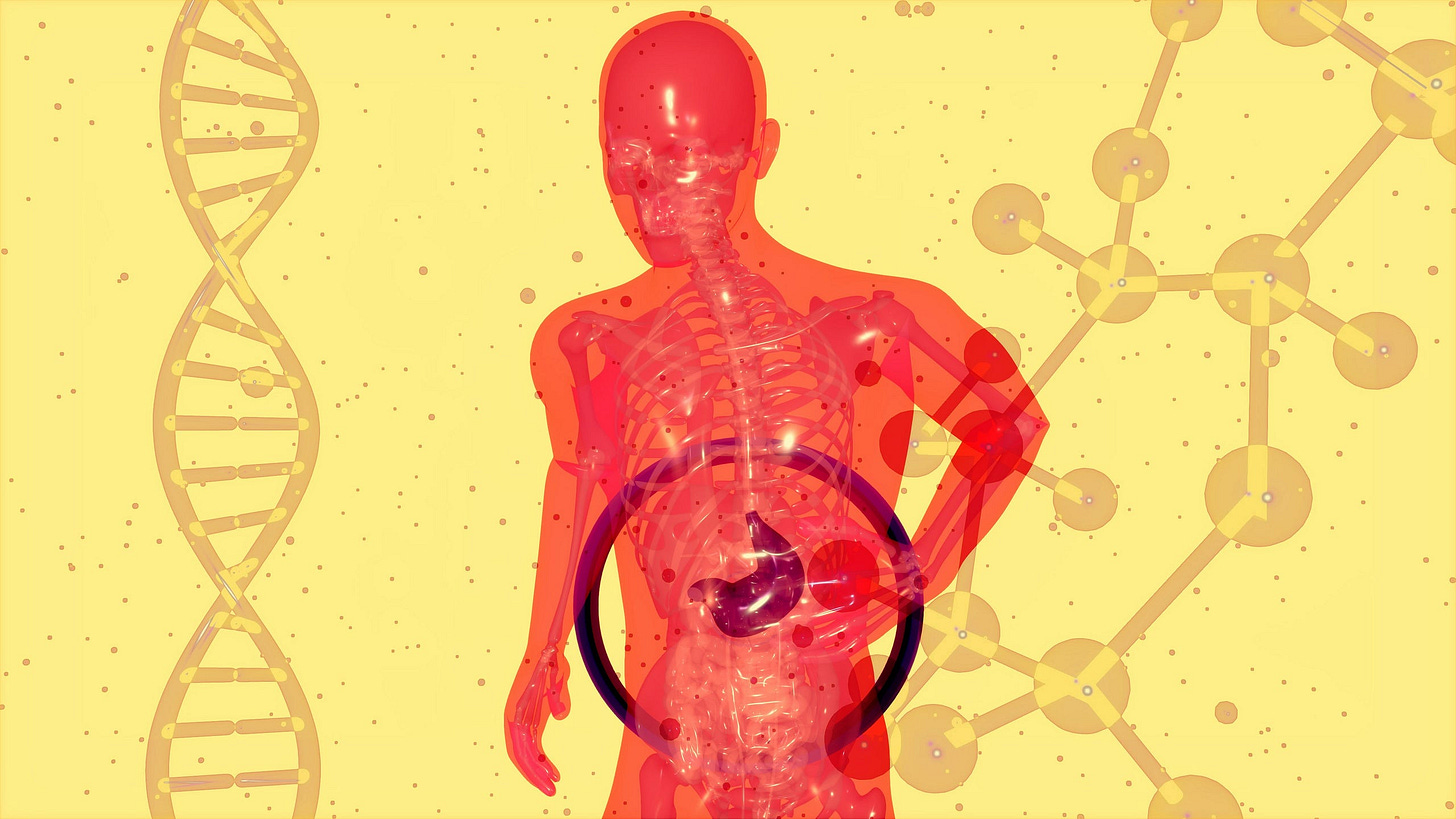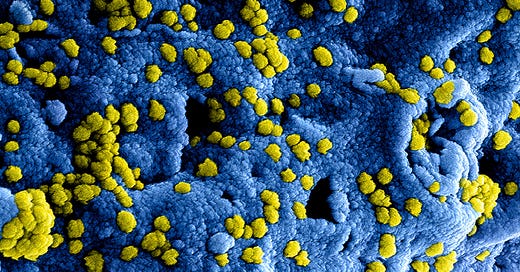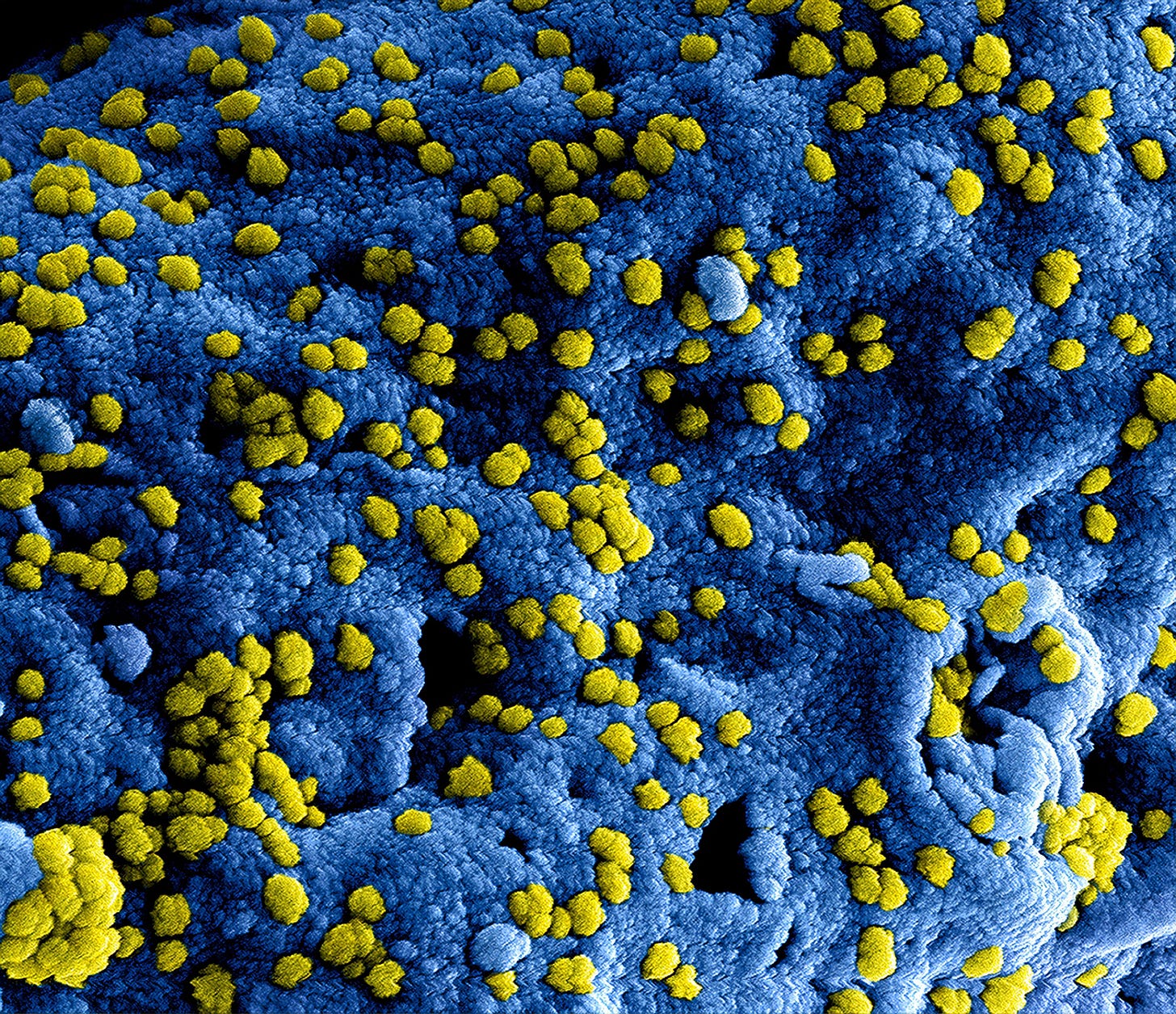What Would Happen if All Viruses Disappeared?
When we think about viruses, the first images that come to mind are often those of sickness, contagion, and the relentless battle between our immune systems and these microscopic invaders. We’ve all wished at some point that these pesky pathogens would simply vanish from existence. But have you ever wondered what would happen if all viruses disappeared? It might not be the utopian scenario we imagine. In fact, our world would be a very different place, and not necessarily for the better.
Viruses, despite their notorious reputation, play an intricate and often invisible role in maintaining the delicate balance of our ecosystems. While their role in human health is a double-edged sword, they have deep-seated importance in the web of life on our planet.
Viruses are, in many ways, the architects of evolution. They’ve been tinkering with life forms for aeons, and this process has resulted in the diversification of species. If viruses ceased to exist, the pace of evolution as we know it would grind to a near halt.
Evolution often relies on genetic mutations, and viruses are expert agents of genetic change. They shuffle genes and genetic material, sometimes giving rise to new traits and features in organisms.
Without this source of genetic variation, evolution would slow down, and species might become less adaptable to environmental changes.
In the natural world, viruses play a pivotal role in maintaining the balance of ecosystems. They help control the population of various species, preventing any one species from dominating an ecosystem. If all viruses disappeared, certain species could become overpopulated, disrupting the delicate equilibrium of nature. For example, consider the role of viruses in controlling the population of phytoplankton in the oceans.
Phytoplankton are vital for oxygen production and are the base of the marine food web. Viruses infect and regulate these populations, preventing unchecked growth that could lead to ecological imbalances.

Our bodies are home to trillions of microorganisms, collectively known as the human microbiome. Viruses are an integral part of this microscopic community. They help maintain the balance of these microbial communities, preventing the overgrowth of harmful bacteria.
A world without viruses might result in a disruption of this balance, potentially leading to more widespread infections and illnesses within our bodies.
The Circle of Life
The food web, essential to life on Earth, would be severely affected if viruses disappeared. Many organisms, including small aquatic animals and insects, rely on viruses to obtain essential nutrients from the microorganisms they consume. Viruses help break down organic matter and recycle nutrients, making them accessible to other organisms. Without this vital recycling process, ecosystems could suffer from nutrient imbalances.
Paradoxically, a world without viruses could weaken our immune systems. Our immune systems are designed to recognize and fight off foreign invaders, including viruses. In their absence, the immune system might become less efficient at distinguishing between harmless substances and truly harmful pathogens. This could lead to an increase in autoimmune diseases as the immune system starts attacking our own cells and tissues.
The disappearance of viruses would pose a significant challenge for medical research. Many breakthroughs in science and medicine have been achieved through the study of viruses. Vaccines, which have saved countless lives, are developed by understanding the behaviour of viruses and training our immune systems to recognize and fight them.
A world without viruses would hinder our ability to develop vaccines, leaving us vulnerable to infectious diseases that we currently have some control over.
Viruses, despite their potential harm, have forced life on Earth to adapt and develop defences. If we were to eliminate all viruses, we might inadvertently weaken the resilience of living organisms. The ongoing dance between viruses and their hosts has pushed life to continuously adapt and evolve in response.
Without this driving force, our ability to respond to new challenges and threats might be compromised.
Environmental Impact
Viruses also have an impact on the environment, and their removal would have unforeseen consequences. They influence the carbon cycle by breaking down organic matter and releasing carbon back into the environment. Removing viruses from the equation could disrupt this delicate balance, potentially affecting climate change and the health of our ecosystems.
When we contemplate the idea of eradicating viruses, it raises ethical questions. Many viruses are critical to specific ecosystems and the balance of life. Intervening to remove all viruses could be seen as tampering with the very fabric of life itself, potentially causing more harm than good.
In conclusion, the disappearance of all viruses from our world would indeed lead to a very different reality. While we might envision a world free from illness, we must recognize that viruses are part of the intricate web of life. They have shaped evolution, maintained ecosystem balance, and pushed us to adapt and innovate.
Instead of wishing for their complete eradication, perhaps we should strive to understand and manage them better to minimize their negative impacts on human health while preserving their vital roles in the natural world.
It’s a delicate balance, but one worth striving for as we navigate the complexities of life in a world teeming with viruses.





